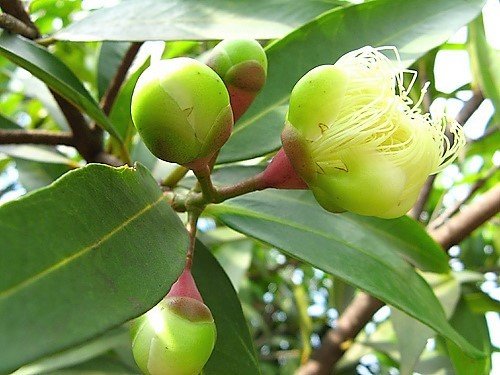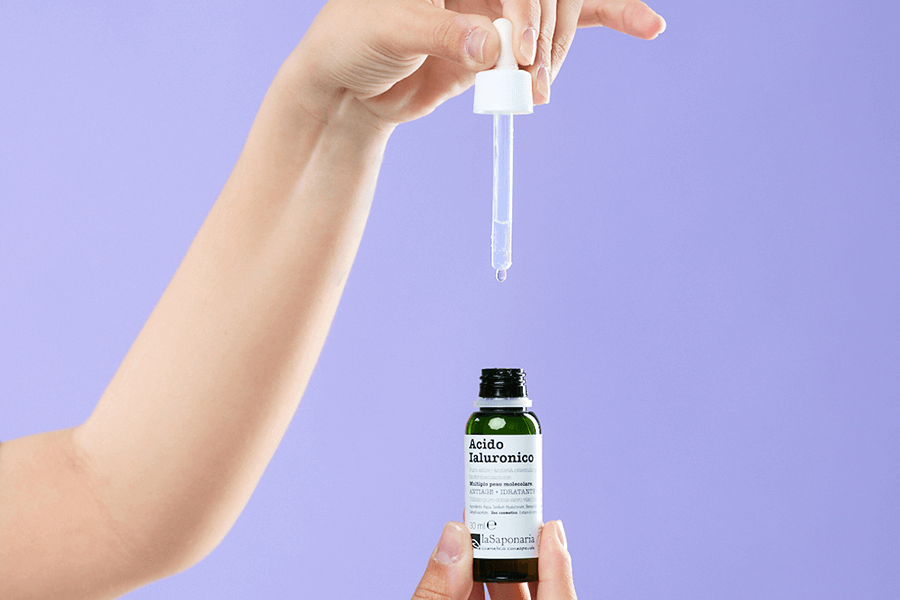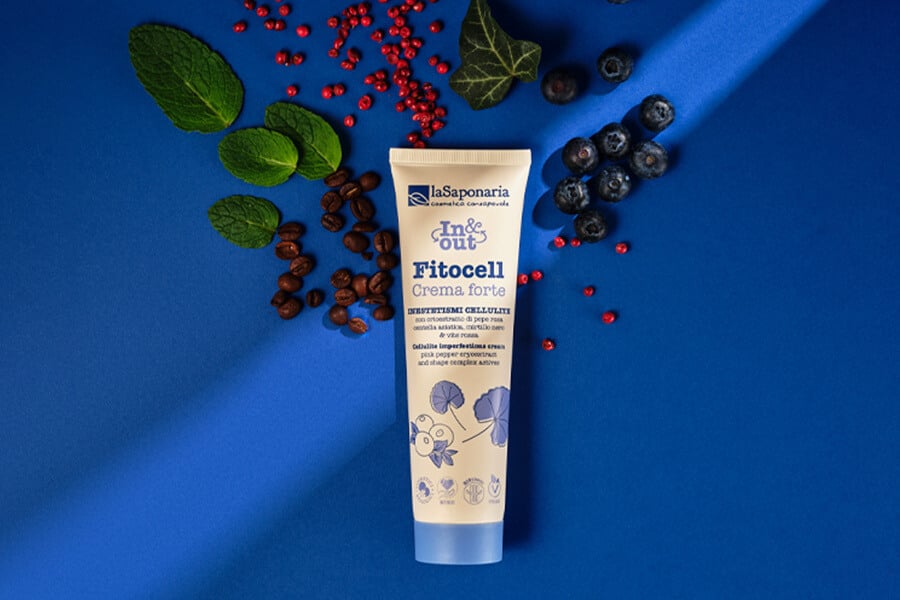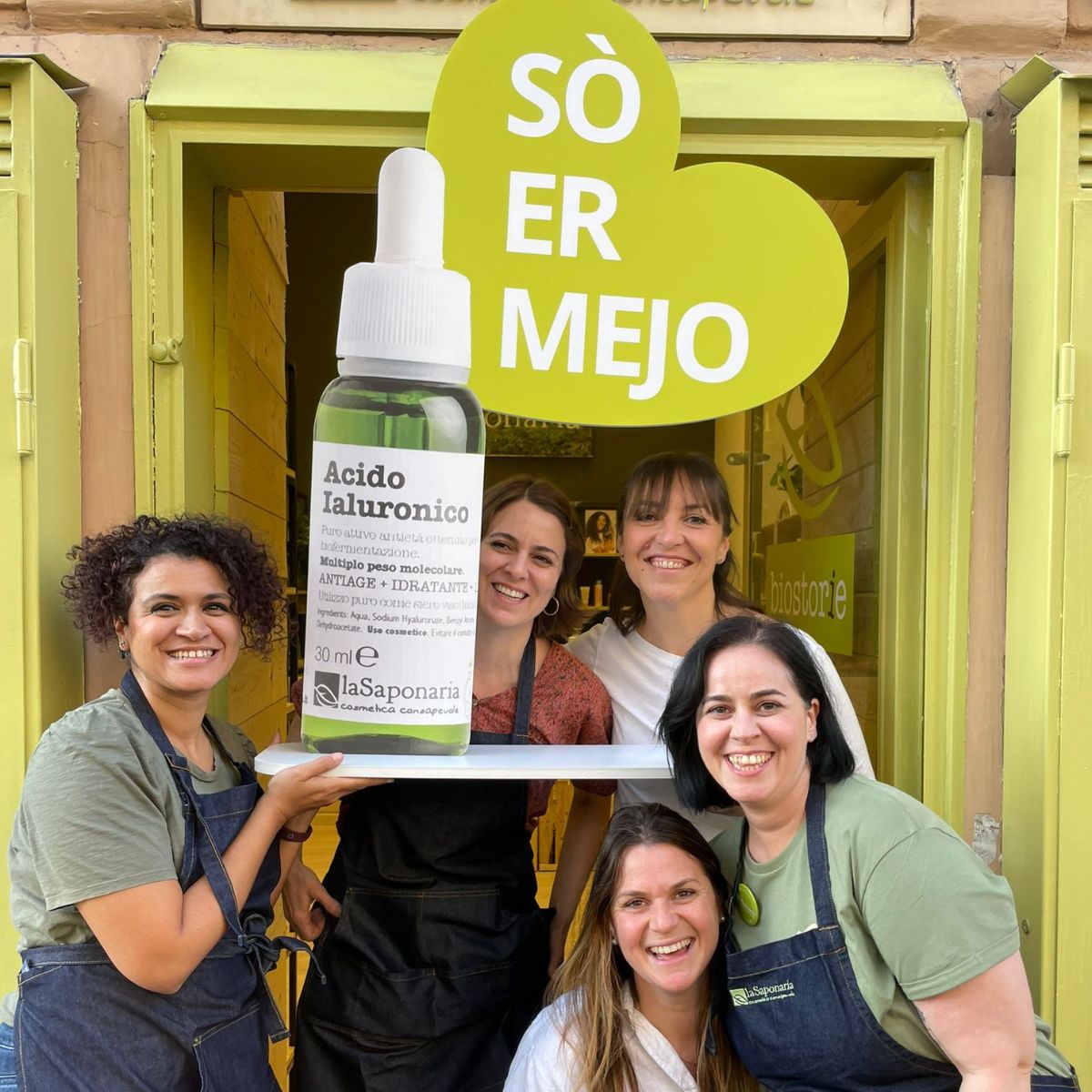- Call us! +390721 911004
- Write a message
- Whatsapp +39 377 3844777
- Become a reseller
- Test and E-book
- Location and contacts
-
MenuBack
-
Organic cosmetics
-
-
space
-
-
-
-
-
-
-
Discover your routine
-
-
Skin care
-
Hair care
-
Body Care
- Best sellers
- Routines
-
DIY
-
-
space
-
-
-
-
-
-
PRODUCTION TOOLS
-
-
DOWNLOAD THE RECIPES
-
-
-
Organic library
-
-
BEAUTYBLOG
-
-
-
GLOSSARY
-
-
-
DO-IT-YOURSELF RECIPES
-
-
-
TEST AND E-BOOK
-
-
About us
-
-
space
-
-
-
-
-
PHILOSOPHY
-
-
-
NATURAL COSMETICS
-
-
-
FLAGSHIP STORES
-
-
-
Sustainability
-
-
space
-
-
-
BENEFIT COMPANY
-
-
-
ETHICAL CHAIN
-
-
-
SUSTAINABLE PACKAGING
-
-
-
SUSTAINABILITY IN THE COMPANY
-
-
-
Supported projects
-
NOTICES AND AWARDS
-
-
-
Business Area
-
-
space
-
-
-
OPEN A FLAG SHIP STORE
-
-
-
BECOME A RESELLER
-
-
-
PRIVATE LABEL
-
ACCOMMODATION FACILITIES
-
-
-
RESELLERS LOGIN
-
-
-
Resellers
-
-
RESELLERS RESOURCES
-
-
-
OPEN A FLAGSHIP STORE
-
ACCOMMODATION FACILITIES
-
PROMOTIONAL MATERIAL
-
-
-
RESELLERS NEWS
-
REGISTER YOUR SHOP
-
-
-
BODY CARE LINE 2025
-
-
-
CHRISTMAS GIFT
-
-
- Store locator
Andiroba

INCI NAME:
Carapa Guaianensis Seed Oil
ORIGIN:
Natural
FUNCTION:
Natural repellent, insect repellent, anti-inflammatory, antibacterial, analgesic.

This is an automatic translation
Carapa Guaianensis Seed Oil
Andiroba oil (Carapa guianensis) is a vegetable oil that is extracted from a tree originating from the Amazonian areas of South America. From the seeds of the fruits, or from the polygonal nuts, the oil is extracted. Still little known, it is part of all those super nutritious South American vegetable oils with remarkable beneficial, antibacterial, anti-inflammatory, protective and insect repellent properties. In the Amazon it is used for the external treatment of all types of skin problems, to treat ulcers, but especially in the topical treatment of insect bites, andiroba oil is in fact applied to the skin as a natural insect repellent, properties which based on the bitter taste of Andirobina, the major component of the oil.
Several experimental studies conducted by the "Laboratory of Creation of Mosquitoes" of the Department of Parasitology at the Bioscience Institute of Botucatu in Brazil, have demonstrated the effectiveness of the repellency of andiroba oil.
The study involved several volunteers presenting their forearms either without any product, or covered with 100% Andiroba oil, refined soybean oil, and 15% Andiroba oil. Healthy females of Aedes Aegypti, a particular species of mosquito carrying yellow fever and dengue fever, were then placed on all the forearms.
The timing of the first and third bites were controlled. The results showed that the average of the first bite on the forearms without any product was 17.5 seconds and the third bite after 40 seconds. In soybean oil, the bites occurred in 60 and 101.5 seconds, in the presence of 100% Andiroba oil, in 56 and 142.5 seconds, and in 15% Andiroba oil, in 63 and 97.5 seconds.
Forearms treated with pure Andiroba oil and 15% Andiroba oil showed significant superiority in terms of bite reduction compared to those treated with the other substances (p < 0.001 Wilcoxon).
The comparative study conducted by the Parasitology Department of the Bioscience Institute of Botucatu thus demonstrated that Andiroba oil has an effective topical repellent effect against the bite of Aedes Aegypti, inhibiting the hunger of mosquitoes and thus reducing its need to bite. , a result not found in any other natural product on the market designed to repel these insects.
The effect of Andiroba is so powerful that it is also used to produce repellent candles, the principle is identical to that used for topical use, when the candles are burned, in fact, they release an agent that inhibits the hunger of mosquitoes and reduces bites .
























